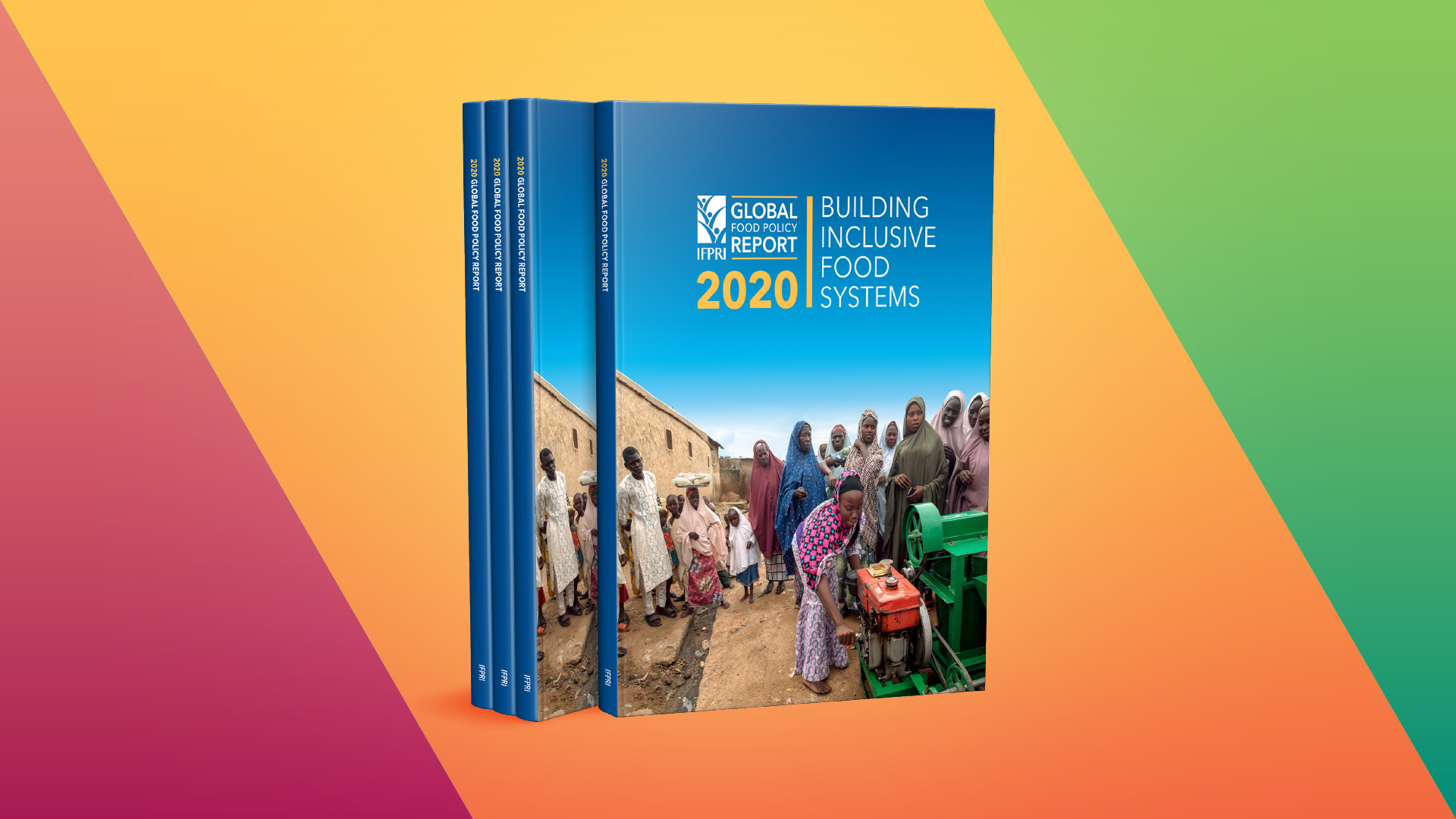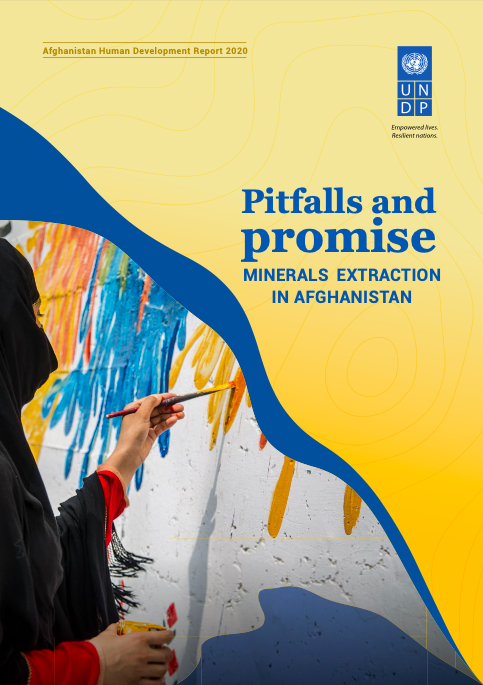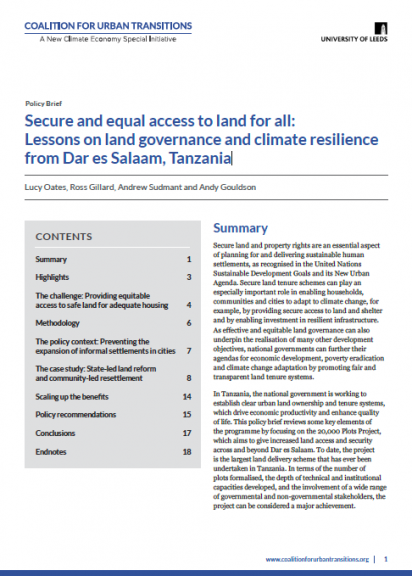Anuario Estadístico de América Latina y el Caribe 2019 = Statistical Yearbook for Latin America and the Caribbean 2019
En el Anuario Estadístico de América Latina y el Caribe de la CEPAL se presenta un conjunto de estadísticas básicas que caracterizan la situación económica, sociodemográfica y ambiental de la región referidas a un período en particular. Esta información forma parte del conjunto de estadísticas disponibles en CEPALSTAT, el portal de bases de datos y publicaciones estadísticas de la CEPAL http://estadisticas.cepal.org/cepalstat/ [en línea].







